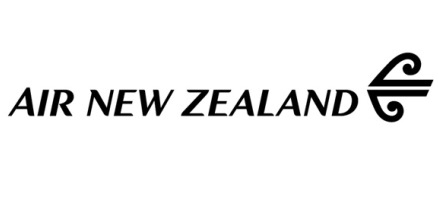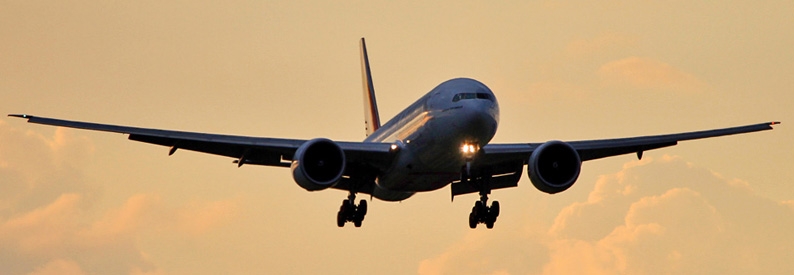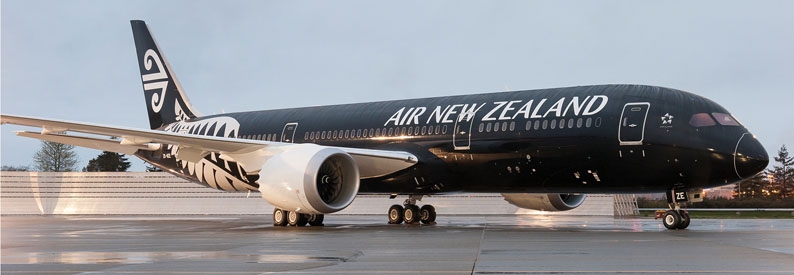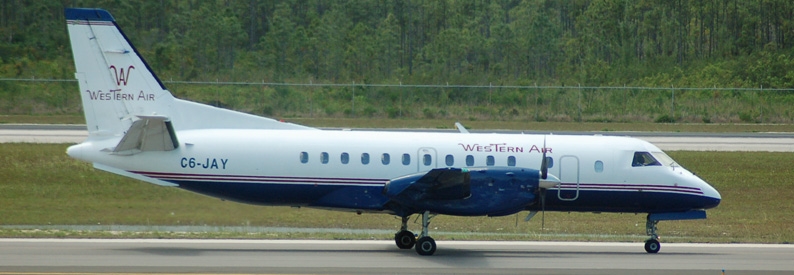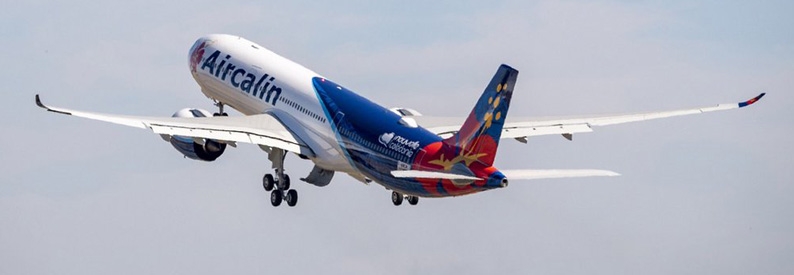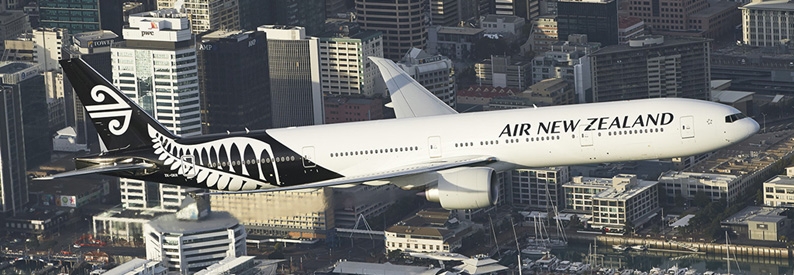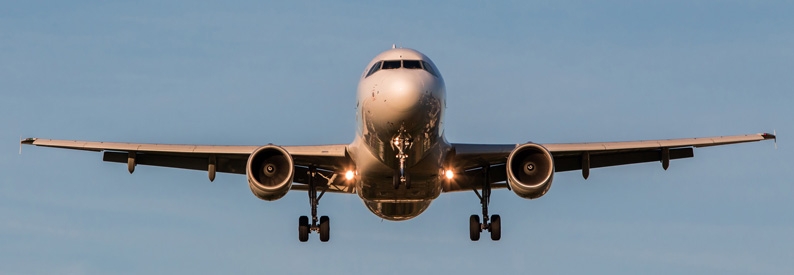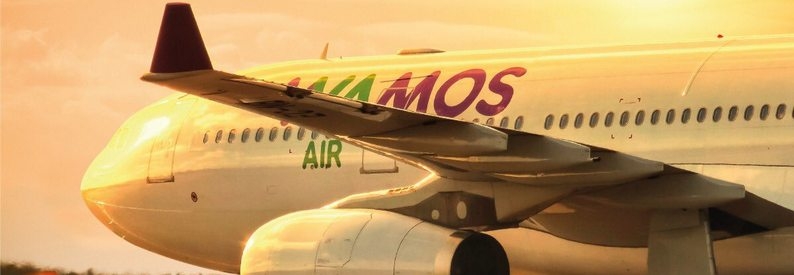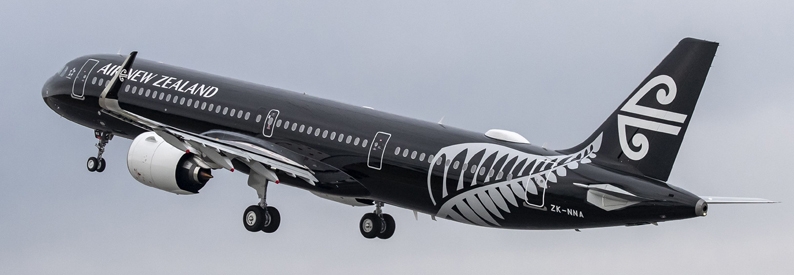Air New Zealand (NZ, Auckland International) has again deferred its plans to raise capital, this time until the first quarter of 2022, after the government said that “the current environment is not sufficiently certain and stable” for it to support the measure.
The flag carrier had initially planned to ask shareholders for a cash injection in June 2021 and then postponed it until September for more time to assess vaccine rollouts and an extension to the country’s air freight capacity scheme.
Minister of Finance Grant Robertson told Air New Zealand Chairman Therese Walsh in a letter dated August 12 that the prevailing market conditions could not allow the government to provide “a firm pre-commitment to support the planned equity raise, as the company has indicated is required to meet that planned timing.” But the deferrals have not affected the government’s commitment to Air New Zealand, he added.
Air New Zealand plans to use part of the proceeds from the eventual capital raise to pay back sums drawn down from its NZD1.5 billion New Zealand dollar (USD1.05 billion) debt facility from the government. Walsh confirmed in a statement on August 13 that once the capital increase takes place, the government will participate by “purchasing the number of new shares necessary to maintain a majority shareholding.”
“On completion of the recapitalisation, the company expects to repay all amounts drawn under the Crown Standby Facility,” she said, adding that the government “has confirmed to the company that it shares this expectation.”
The finance minister also said in his letter that he had agreed to cancel a planned “step-up” in the interest rate to the loan that had been scheduled to come into force on October 29.
So far, Air New Zealand has used NZD350 million (USD246 million) of the loan, but Walsh confirmed plans to draw down on it further due to the suspension of trans-Tasman travel in late July and upcoming aircraft-related payments.
